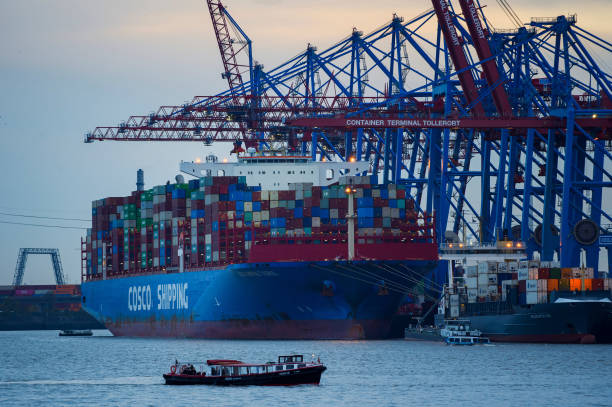In 2024, the relationship between China and Africa is evolving at an unprecedented pace, transforming the continent’s economic and technological landscape. China’s investments are shifting the foundations of African infrastructure, focusing on critical sectors like transportation, energy, and technology. These changes are not just about building roads or railways but about creating long-term pathways for economic growth, industrialization, and digital innovation.
Infrastructure: The Backbone of Africa’s Future
China’s massive investments in Africa’s infrastructure are reshaping the continent’s development trajectory. Through its Belt and Road Initiative (BRI), China has become Africa’s leading partner in building essential infrastructure, from roads to power plants. The results are tangible and transformative. Major railways, highways, and ports are connecting previously isolated regions, facilitating trade within Africa and globally.
One of the most significant projects in 2024 is the expansion of the Standard Gauge Railway in Kenya, a key link between Nairobi and the port city of Mombasa, funded by Chinese banks and contractors. Similarly, China is investing in a crucial railway project between Tanzania and Zambia, revitalizing the historic Tanzania-Zambia Railway Authority, which promises to boost the regional economy
These projects, funded through loans and joint ventures, are not just about improving transportation but are strategic moves aimed at integrating Africa into global trade networks.
Energy development is also a critical focus. China is funding numerous energy projects across the continent, particularly in renewable energy. Solar and wind projects are not only helping address the continent’s power shortages but are also supporting the transition to a greener economy
. This energy infrastructure boom is laying the groundwork for more sustainable growth, with long-term benefits for African communities.
Technology and Digital Transformation
But it’s not only physical infrastructure where China’s impact is felt. In recent years, technology has become a key area of focus. In 2024, China has deepened its efforts to help Africa bridge its digital divide. With investments in 5G networks, data centers, and digital infrastructure, China is positioning itself as the leader in Africa’s tech transformation.
One of the most ambitious projects is the China-Africa Digital Technology Cooperation Center, which aims to boost Africa’s digital economy and expand e-commerce, fintech, and online services across the continent. With Africa’s rapidly growing young population, these investments offer new opportunities for digital innovation and job creation
Chinese companies are not only providing the necessary infrastructure but also facilitating the transfer of skills and knowledge, helping to build a new generation of African tech experts. The training initiatives under these agreements will empower thousands of young people, providing them with skills in e-commerce and digital innovation
The Challenges: Debt and Sustainability
However, this growth comes with challenges. Critics have raised concerns about the sustainability of the debt incurred through Chinese loans, particularly in the face of global economic uncertainties. While Chinese leaders have emphasized their commitment to supporting African growth, some critics warn that the rapid accumulation of debt could lead to long-term financial instability for some countries
African leaders have been vocal about the need for balanced partnerships, seeking both investments and debt relief. At the same time, they acknowledge that China’s role in infrastructure development has been crucial, especially as other powers, such as the United States and European nations, have been slower to respond
A Complex but Promising Future
As 2024 progresses, it’s clear that China’s growing influence in Africa is shaping the continent’s future in profound ways. Through its investments in infrastructure and technology, China is helping to create the foundations for a more interconnected, industrialized, and digitally advanced Africa. These changes are offering new opportunities for economic growth and job creation, but they also present new challenges around debt management and sustainability. Moving forward, African nations will have to navigate these complexities carefully to ensure that their relationship with China continues to benefit them in the long term.





